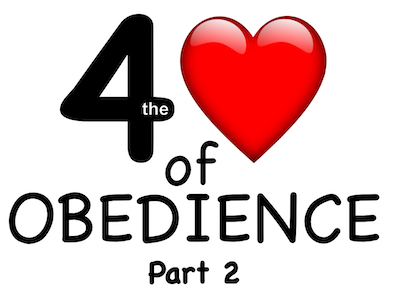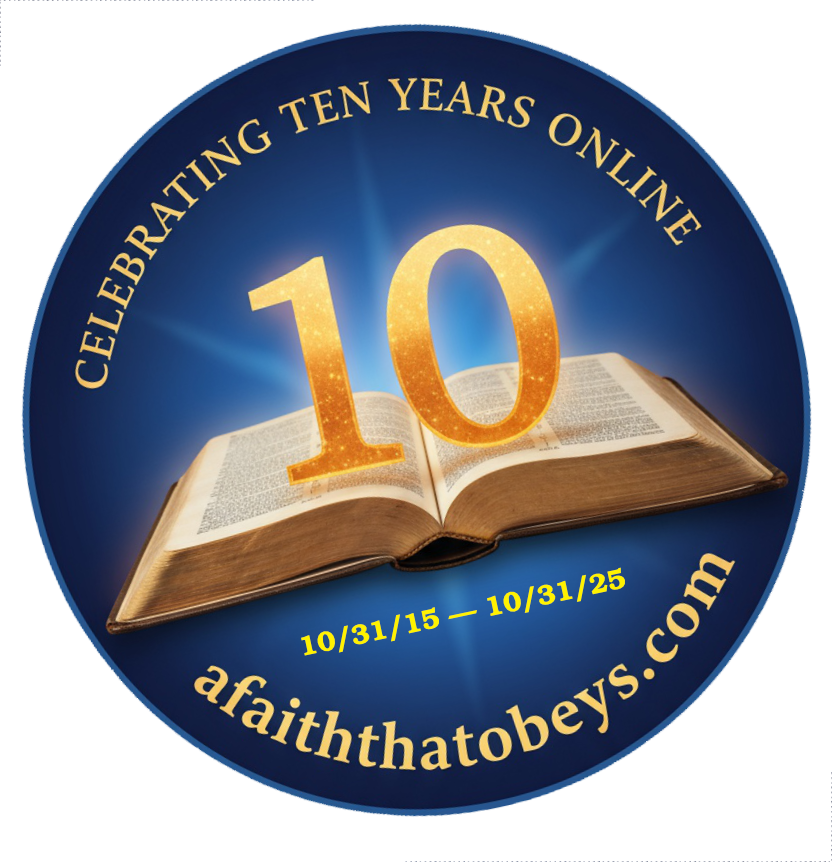
In our last podcast we looked at that intense passage of scripture in 1 John Chapter 2 where John challenges us to obey the commandments of Christ and lets us know, in no uncertain terms, that obedience is not optional. Listen to this passage again…
1 John 2:3-6
We know that we have come to know him if we obey his commands. The man who says, “I know him,” but does not do what he commands is a liar, and the truth is not in him. But if anyone obeys his word, God’s love is truly made complete in him. This is how we know we are in him: 6 Whoever claims to live in him must walk as Jesus did.
What Commands Does Jesus Want Us to Obey?
Just think about that one statement, “God’s love is truly made complete in him.” We need to step back and understand, it is possible for God’s love to “not be made complete” in a person! In our last episode, we learned; John’s conditional statement explains that we do not know Christ unless we are walking in obedience to his commands. But, which commands? We asked, “What commands do I need to obey?” That question launched us into a deep survey of “The Great Commission.”
After that very thorough review, we concluded that if we are not actively involved in obeying the four crisp commands of Christ found in The Great Commission, then we fall short in our obedience. Employing this criteria is a pretty solid, albeit deeply convicting strategy for evaluating our position before God. We are forced by the tenets of The Great Commission to ask ourselves, “Am I going? In other words, “Am I evangelistic?” Am I making disciples? Am I baptizing them? Am I teaching them to make disciples and obey everything Jesus has just taught in The Great Commission and elsewhere? Do you realize; The Great Commission is the only pattern we see for converting souls in the New Testament?
Click here to read the rest of this post.



